2024 Distinguished Fellow Jayashankar M. Swaminathan explores how firms can build operational resilience, focusing on governance, risk management, supply chains, technology and regulatory compliance.
Swaminathan, a Kenan Institute Distinguished Fellow, will explore the importance of supply chain resiliency and discuss alternative strategies to build robust and adaptable operations during his talk Sept. 12.
Learn more about the impact of machine learning on the resiliency of supply chain management in this recent article in the Harvard Business Review, co-authored by UNC Kenan-Flagler Business School’s Vinayak Deshpande.
An analysis shows the overall number of suppliers and countries supplying goods did not change significantly from 2019 to 2021. Companies did shift away from riskier countries like China, and delivery patterns also changed.
Building resiliency is essential for managing today's distinct risks, yet how do businesses develop the agility and adaptability that would make them more resilient? That's the focus of the 2024 Kenan Institute Grand Challenge.
The pandemic taught us that equity investors would be wise to seek to invest in firms with resilient supply chains. But is there a reliable way to identify firms whose supplier-customer relationships are less vulnerable to disruptions?
Economists and investors traditionally see uncertainty as a bad thing that suppresses growth and valuations, but new research shows that downstream uncertainty from customers in the U.S. supply chain can foretell expansion for firms and the economy.
Adverse events, such as product recalls, transcend business-to-business (B2B) secondary markets (i.e., used product markets). Yet, little, if any, is known about the impact of such adverse events on purchase responses of B2B buyers (i.e., channel intermediaries). The current study addresses this research gap in the empirical context of product recalls in the U.S. automobile secondary market.
Just what does GDP say about the health of the economy? Perhaps not as much as we thought, according to a Reuters report that notes the collision of negative GDP growth — driven down in part by extraordinary supply chain issues — with vibrant employment numbers.
Much attention is being focused on energy supply security issues, especially for European oil and gas supplies. The latest Russian decision to halt natural gas sales to Poland and Bulgaria has reinforced that continent’s awareness of the perils of unreliable suppliers. Europe’s short-term focus is on sanctioning Russia and then backfilling the forgone oil and gas from other sources.

The Mother of All Supply Chain Shocks
Concerns about further supply-chain troubles are on the rise. Just a few months ago the “temporary disruptions” stemming from covid were predicted to work themselves out in 2022. However, businesses are now faced with the possibility of disruptions much more severe than those experienced to date. These stem from two sources: interrupted supplies in essential raw materials and agricultural commodities resulting from Russia’s invasion of Ukraine and the potential for a rapid (and massive) spread of COVIC-19 in China resulting in suspensions to manufacturing operations there.
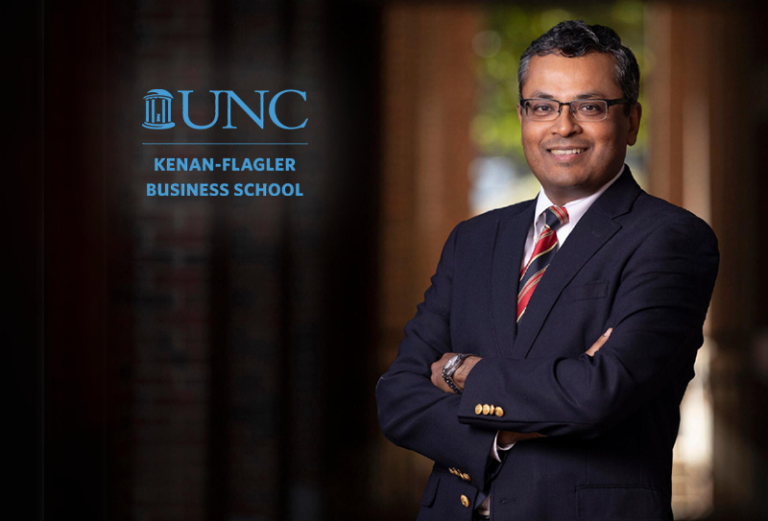

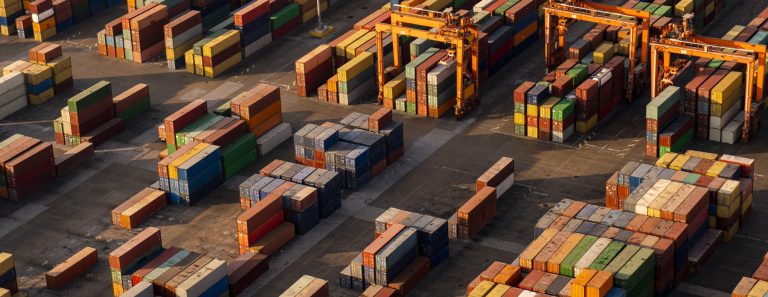


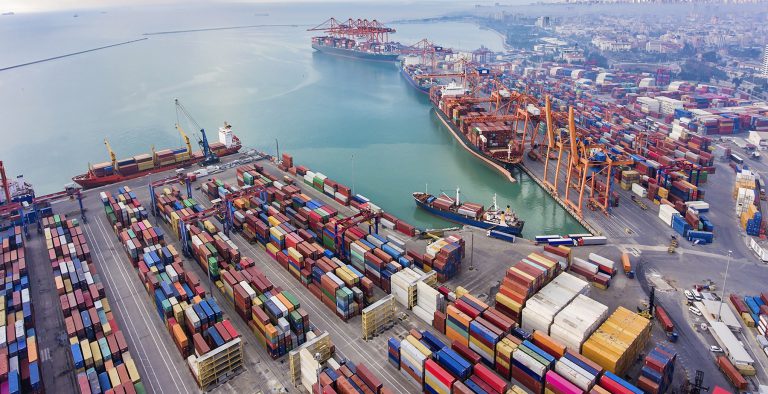
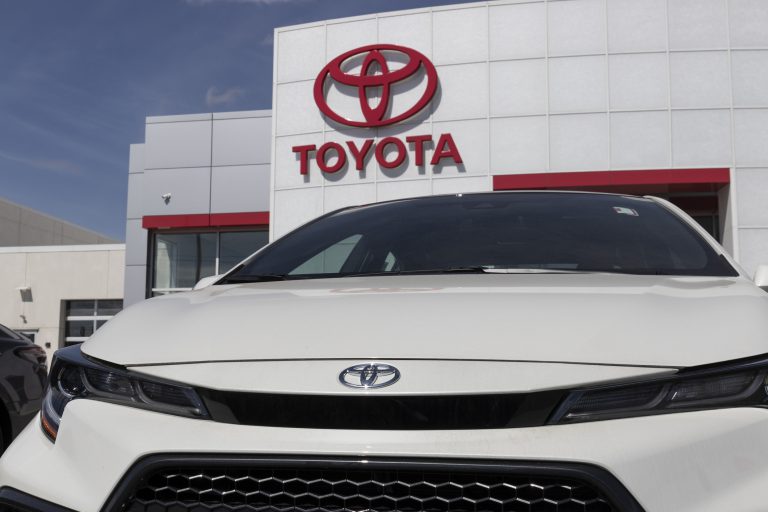
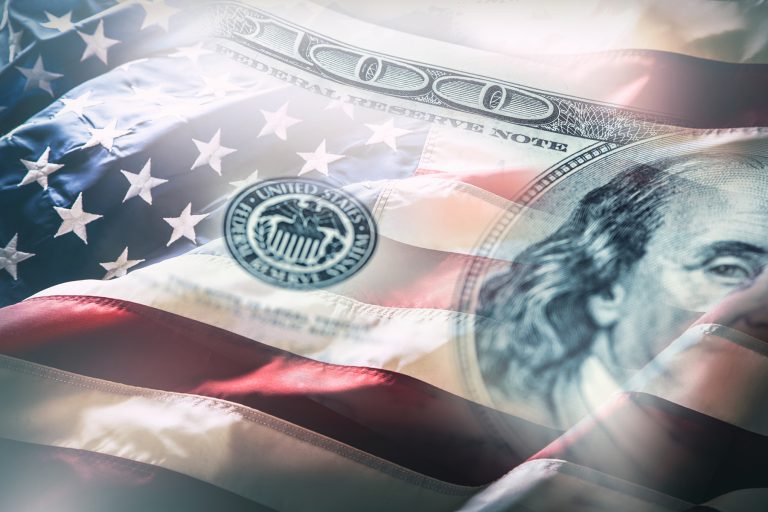

What the UAW Strike Could Mean for the Automotive Supply Chain
As autoworkers continue to strike, there are concerns about how the work stoppage could affect the automotive supply chain, which is still adjusting to challenges imposed by the COVID-19 pandemic.